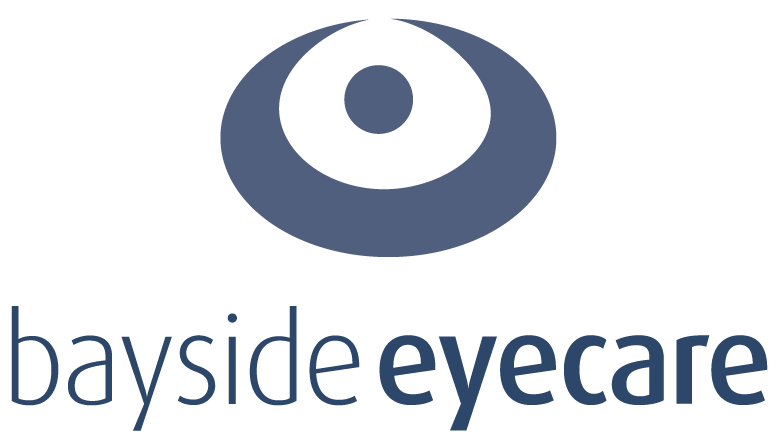Written by ProVision Eyecare
With the latest advancements in contact lens material and design, there is now a large range of contact lenses for different wear schedules, prescriptions and preferences.
These include:
1. Soft contact lenses
2. Rigid contact lenses
3. Daily disposable contact lenses
4. Daily wear contact lenses
5. Extended wear contact lenses
What’s more, these technologies deliver a new level of comfort and have made contact lenses a real option for just about any wearer of prescription glasses.
Contact lens materials
Let’s start by understanding the difference between soft and rigid (hard) contact lenses, and their impact on your eyes.
- Soft contact lenses are made of soft flexible plastics that contain water, allowing more oxygen to pass through the lens to the eye. Soft contacts are more comfortable than hard lenses.
- Rigid contact lenses are less comfortable in initial stages due to the rigidity of the plastics, yet more durable than soft lenses.
Contact lens options for different wear schedules
Traditionally, contact lenses are removed and cleaned nightly, ready for insertion the next day. Now with the latest advancements, contact lens wearers now have the option of daily contact lenses that can be thrown away or extended wear lenses that can be slept in for a recommended period.
1. Daily disposable contact lenses (single day use):
Inserted in the morning, worn through the day and discarded at night. A new pair of contacts every day also decreases the build-up of deposits and reduces the chance of bacteria entering the eye.
2. Daily wear contact lenses (fortnightly & monthly options):
inserted in the morning, worn through the day and removed at night for cleaning. Replaced at the fortnightly or monthly intervals.
3. Extended wear contact lenses:
Providing the freedom and flexibility of not always having to remove your lenses, these contacts can be slept in on occasion or, depending on the advice of your optometrist, can be worn continuously for up to 29 nights. A hassle-free alternative to laser eye surgery. They are an effective, affordable alternative to the risks of a permanent surgical procedure.

 (03) 9596 1238
(03) 9596 1238


